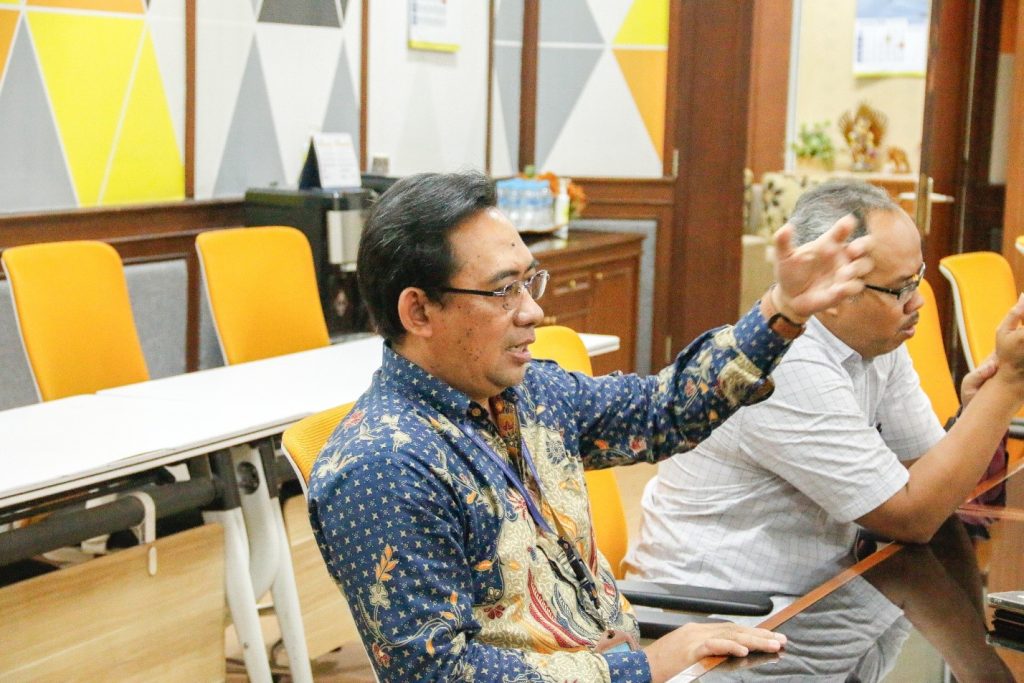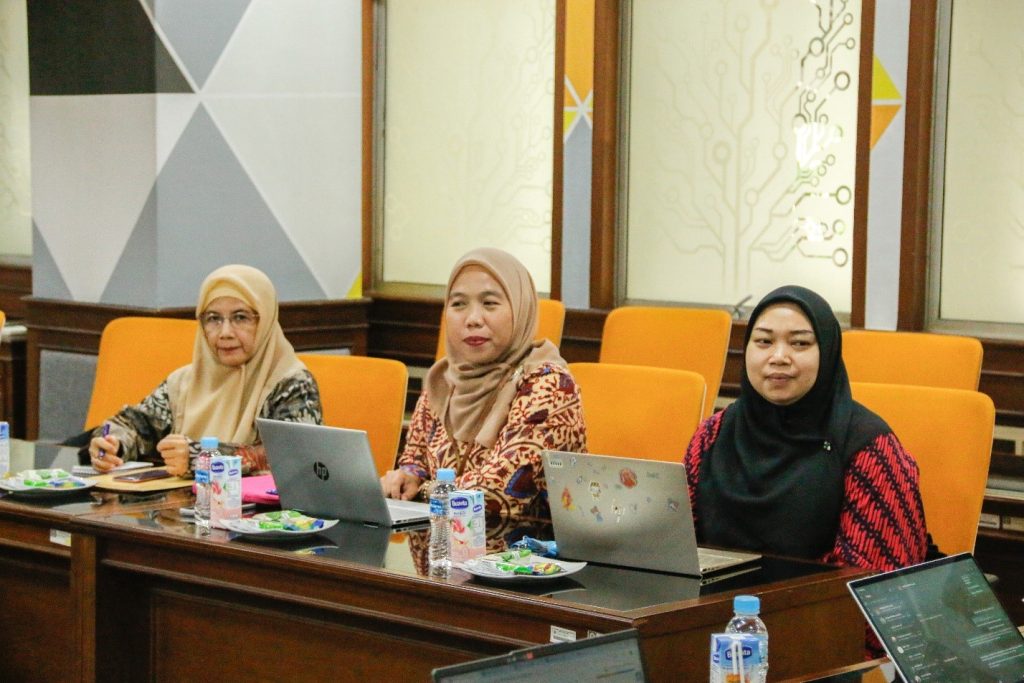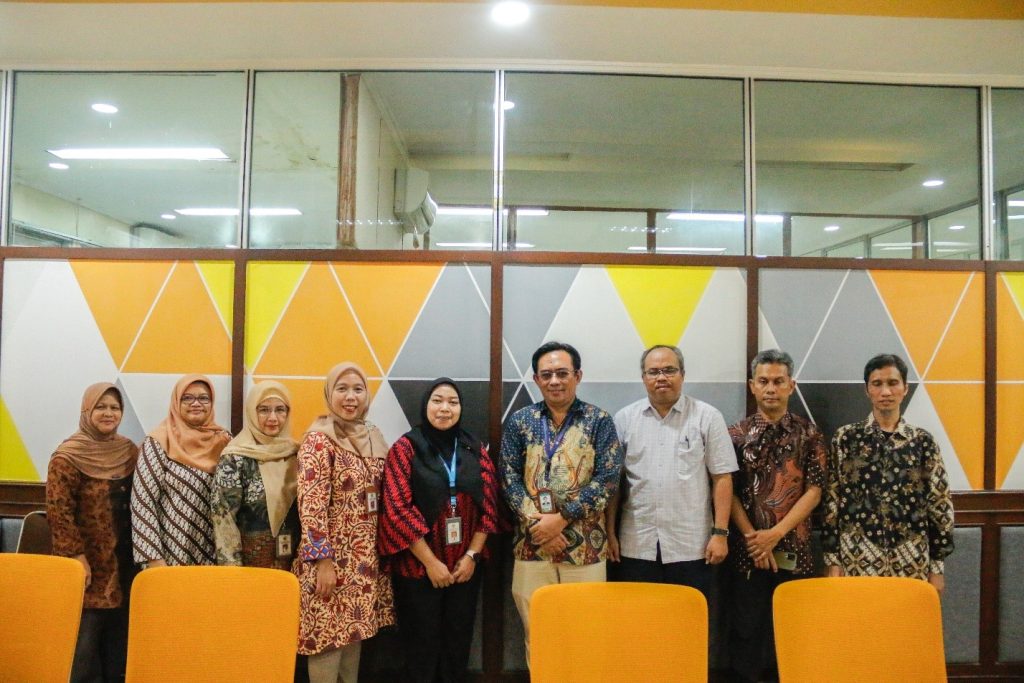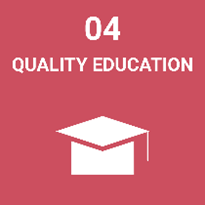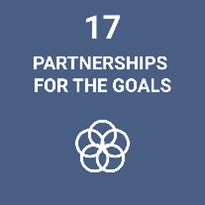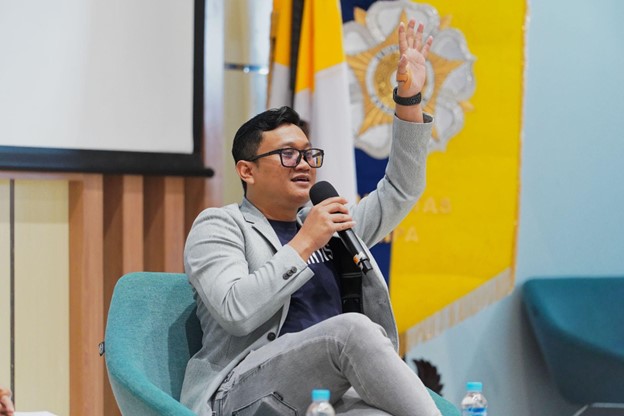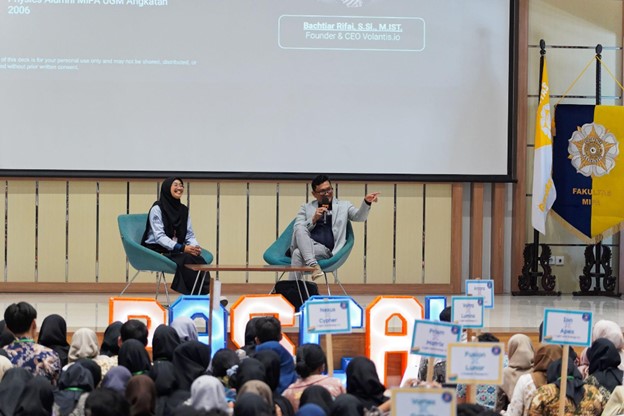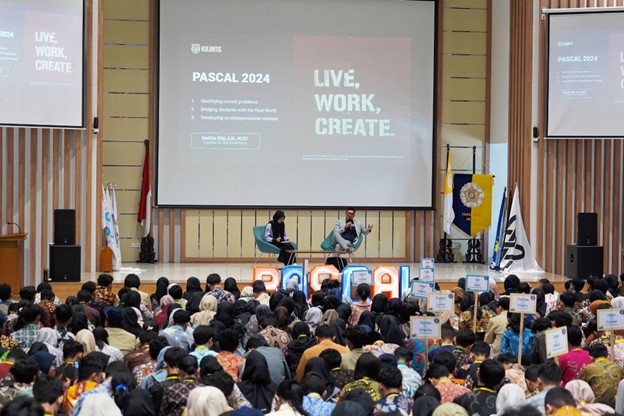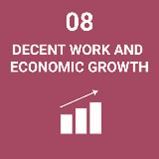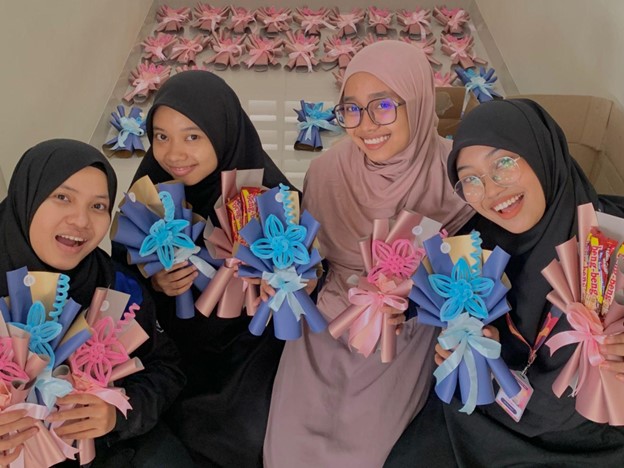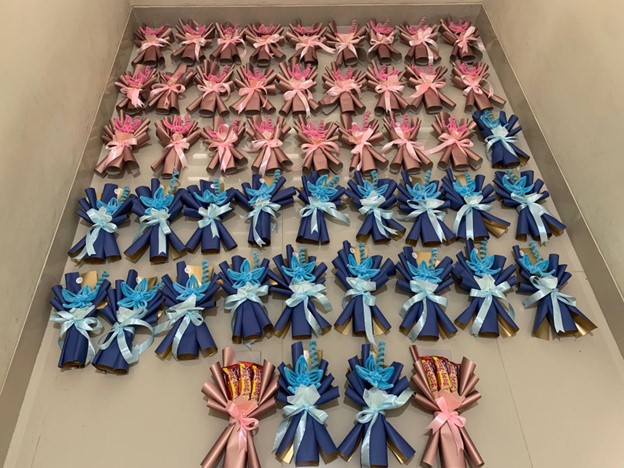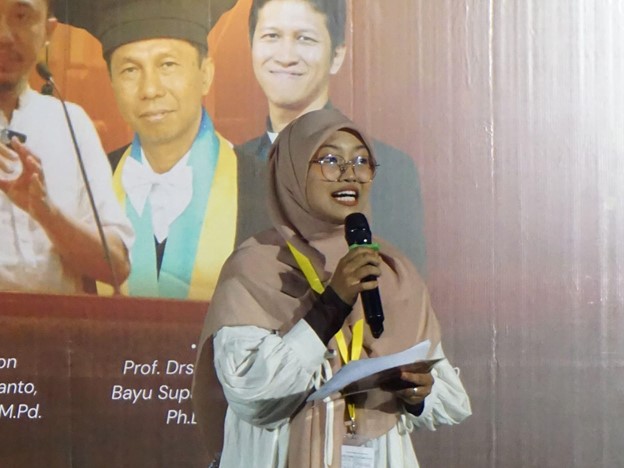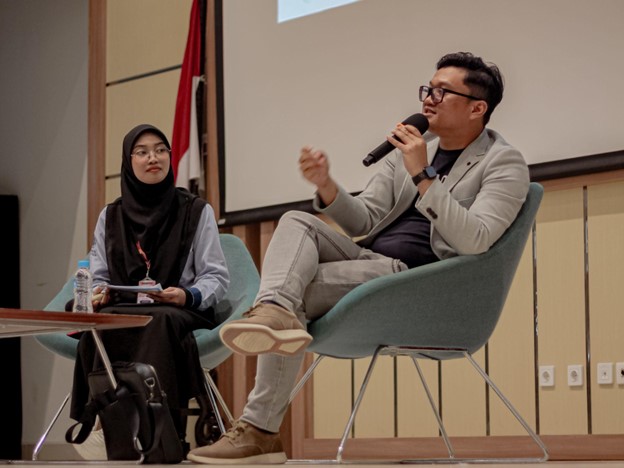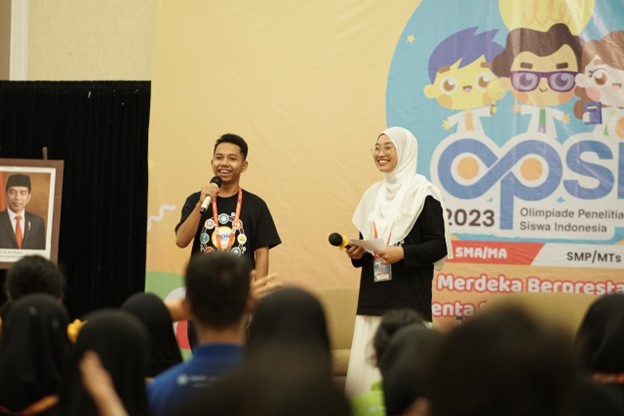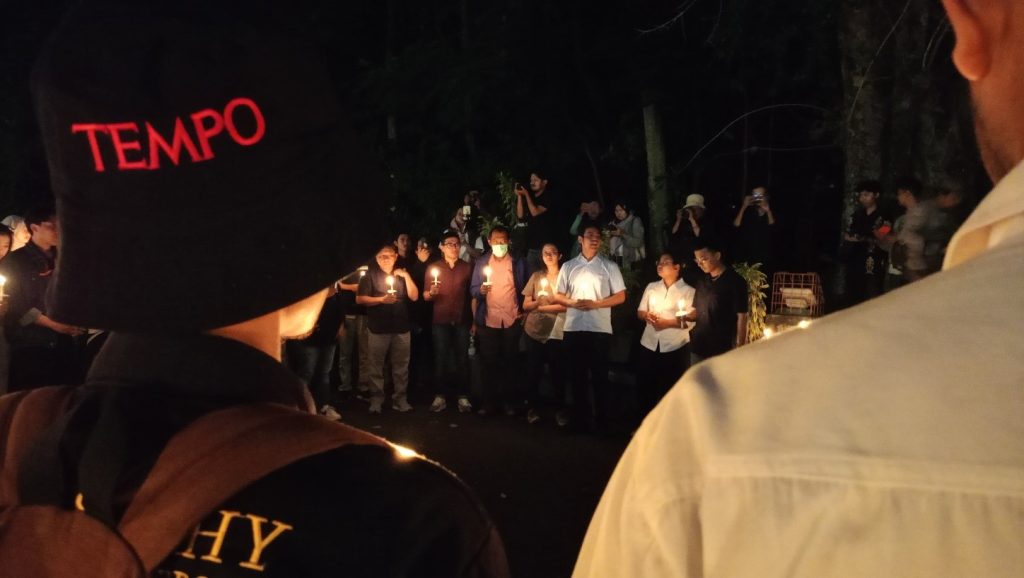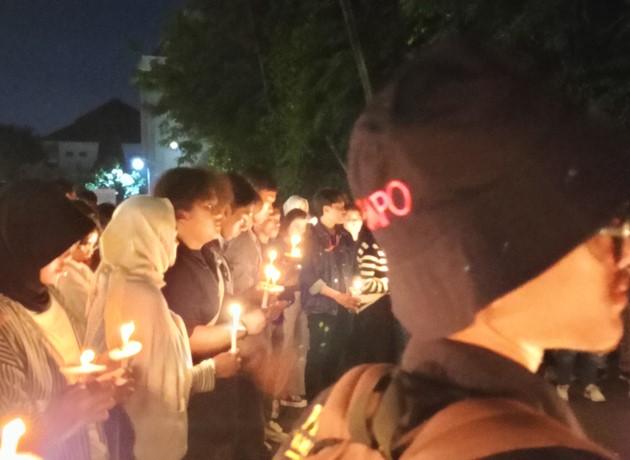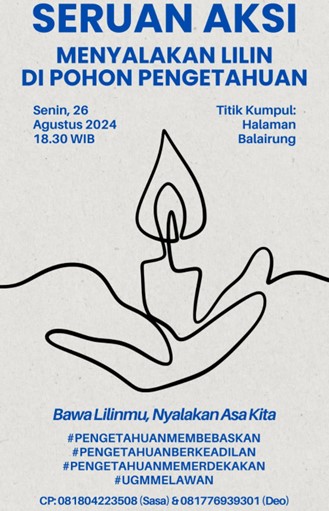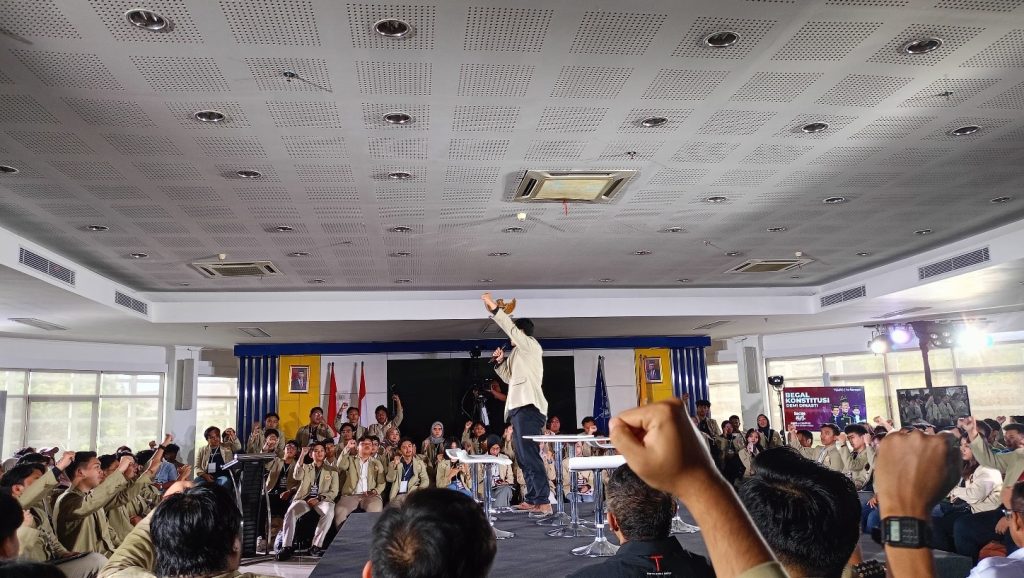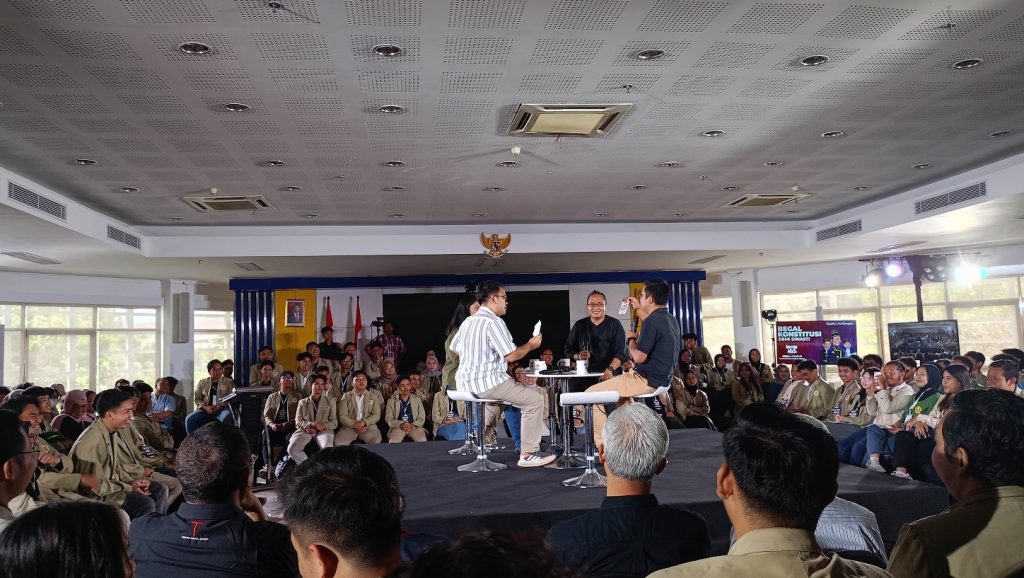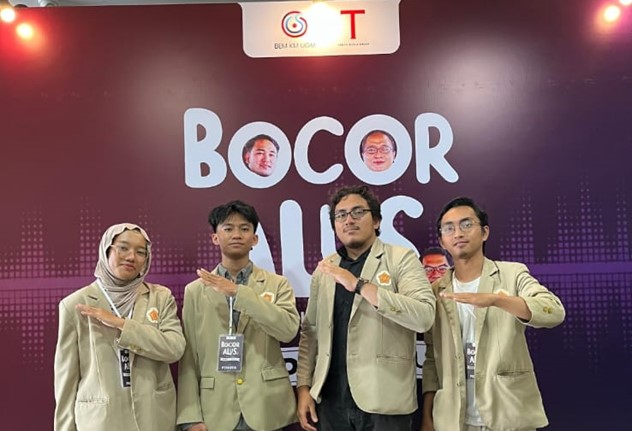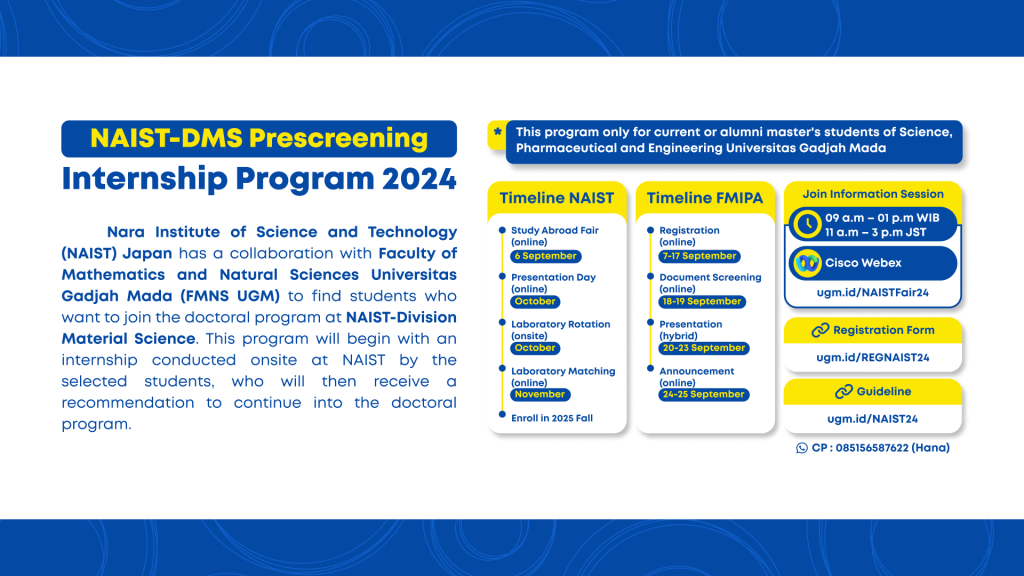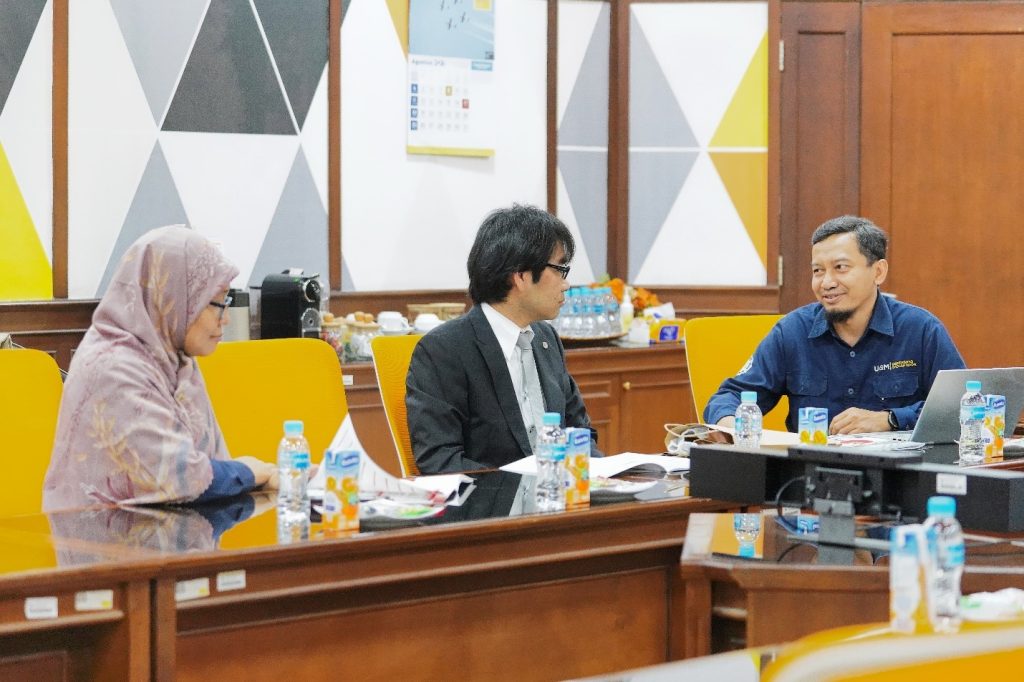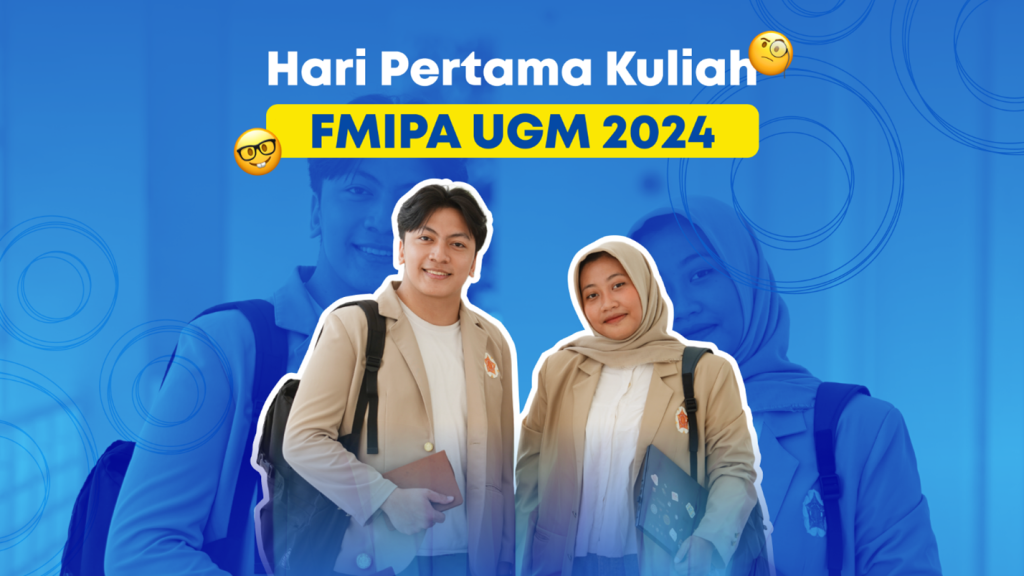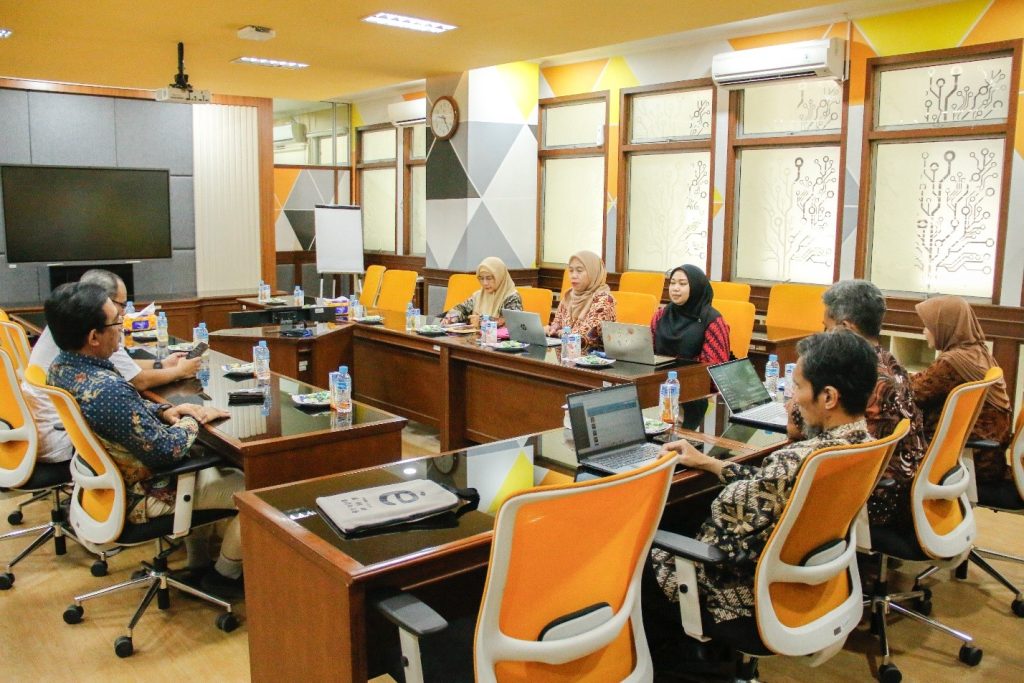
FMIPA UGM Sambut Kunjungan Badan Pengawas Tenaga Nuklir
FMIPA UGM menerima kunjungan dari Badan Pengawas Tenaga Nuklir pada Kamis, 29 Agustus 2024 di Ruang Sidang FMIPA UGM. Kunjungan diterima langsung oleh Dr. Fajar Adi Kusumo, S.Si., M.Si., selaku Wakil Dekan Bidang Alumni, Kerja Sama, dan Inovasi FMIPA UGM sekaligus dosen program studi Matematika UGM bersama dengan beberapa dosen Fisika FMIPA UGM. Dalam hal ini, Badan Pengawas Tenaga Nuklir dihadiri oleh Sri Mulayni, Aderini Ismaillah, dan Warestri Widiati.
“Kami dari FMIPA UGM menerima kunjungan yang dilakukan dari BAPETAN, semoga kerja sama ini ke depannya akan berjalan lancar,” papar Dr. Fajar.
Dalam sesi diskusi dan tanya jawab, Dr. Eddy Hartantyo, M.Si. turut memaparkan profil dari program studi fisika dan penelitian yang dilakukan. Ada beberapa skema pendidikan atau tugas belajar yang dapat diakses oleh staf Badan Pengawas Tenaga Nuklir.
Kemudian diskusi berjalan dengan berbagai pertanyaan dari tamu seperti teknis kegiatan perkuliahan. Sebelumnya, FMIPA UGM dan Badan Pengawas Tenaga Nuklir telah meresmikan hubungan kerja sama secara formal melalui kegiatan penandatanganan kerja sama.
Dari agenda kunjungan yang ada, FMIPA UGM turut mendukung poin 4 SDGSs mengenai Pendidikan Berkualitas melalui akses terhadap pendidikan terhadap institusi penelitian. Selain itu, FMIPA UGM juga menyambut baik institusi dalam kemitraan untuk mencapai tujuan di bidang pendidikan, teknologi, dan inovasi sesuai dengan poin 17 SDGs.
Penulis: Febriska Noor Fitriana
Foto: Danendra Azriel Ramadhany
